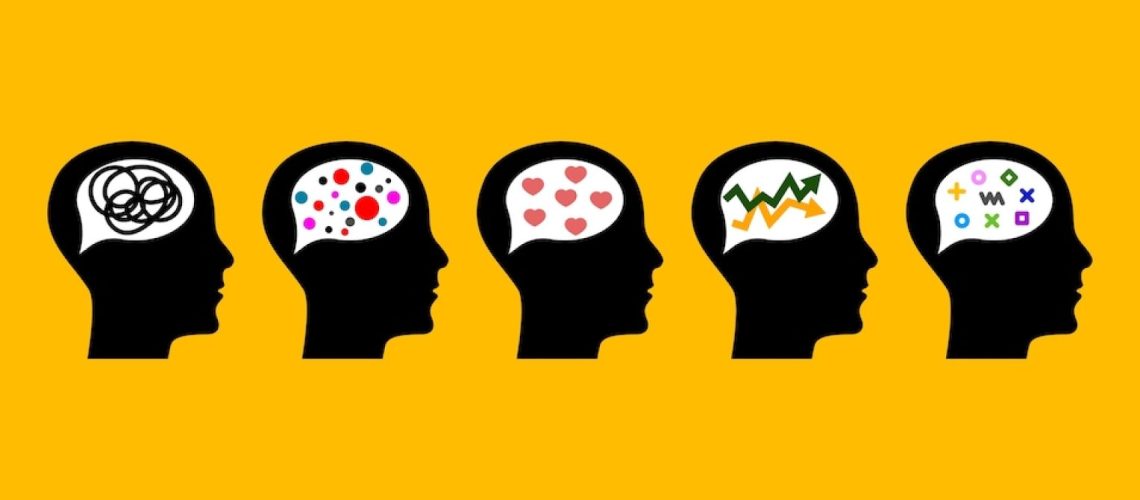HR has a unique opportunity to shape medical curricula that cultivate future leaders. Learn more about it on our blog.
Developing Future Leaders In Medicine: An HR Perspective On Medical Training
The medical field is rapidly evolving. With constant advances in technology and research, today’s healthcare organizations need progressive physician leaders who can guide teams into the future.
As a crucial step to becoming a doctor, medical training must focus on cultivating well-rounded professionals ready to handle the complexities of modern medicine. This article explores how human resources (HR) can help shape medical education to develop the physician leaders of tomorrow.
1. Mentoring Critical Thinking
In medical training, the development of critical thinking skills often takes a backseat to clinical expertise. Human Resources (HR) can play a pivotal role in filling this gap by promoting mentorship programs. Pairing medical students with experienced physicians provides a dynamic learning environment.
Under their guidance, students can delve into the intricacies of medical decision-making, gaining insights beyond textbooks. These mentors not only impart clinical wisdom but also teach students to navigate the complexities of healthcare systems and team management.
Such mentorship cultivates a breed of physician leaders adept in making nuanced decisions, a skill critical for future healthcare challenges. Moreover, mentorship goes beyond clinical skills, fostering personal growth and professional networking.
By observing and interacting with seasoned doctors, students learn the art of balancing empathy with pragmatism, a key attribute of leadership and one crucial step on becoming a doctor . HR-driven mentorship programs thus serve as a bridge, connecting the theoretical world of medical education with the practical demands of healthcare leadership.
2. Promoting Interprofessional Collaboration
HR leaders in healthcare have a unique opportunity to reshape medical education by fostering interprofessional collaboration. By integrating joint educational modules, HR can help break down the silos that traditionally separate different medical disciplines. Shared case studies, for example, bring together students from various healthcare fields, encouraging them to work as a cohesive unit.
This approach mirrors the collaborative nature of real-world healthcare settings, where diverse teams unite to provide patient care. Through such initiatives, future healthcare leaders learn the value of diverse perspectives and teamwork. Additionally, interprofessional education prepares students for the collaborative nature of modern medicine, where the exchange of ideas and skills is crucial for patient care.
HR-led initiatives that create opportunities for students from different medical and administrative disciplines to work together are instrumental in shaping leaders who understand the importance of teamwork in healthcare.
3. Teaching Business Acumen
The need for business acumen among physician leaders is increasingly recognized. HR departments can bridge this gap by introducing business education programs in medical curricula. These programs, encompassing everything from financial management to healthcare operations, equip aspiring physicians with the skills needed to navigate the complex business aspects of healthcare.
Understanding topics like healthcare economics, strategic planning, and data analytics prepares them to make informed decisions as future leaders of healthcare organizations. Furthermore, such business training enhances a physician’s ability to contribute to policy-making and organizational strategy, roles that are becoming integral to modern healthcare leadership.
By incorporating these elements into their education, young doctors gain a competitive edge, preparing them to take on roles that go beyond clinical responsibilities and in healthcare management and leadership.
4. Instilling Communication Skills
Effective communication is a vital skill for physician leaders. HR departments can advocate for specialized training programs that hone a physician’s ability to convey complex medical information in an accessible manner. This training should emphasize emotional intelligence, public speaking, and conflict resolution, skills crucial for effective leadership.
By learning to simplify medical jargon, physicians can better connect with patients, colleagues, and the broader public. Additionally, in an era where digital communication is paramount, physicians must be adept at using various communication platforms, including social media.
Training in these areas enables future leaders to effectively engage with diverse audiences, a necessity in the increasingly interconnected world of healthcare. Such comprehensive
communication training ensures that future physician leaders aren’t only experts in their field but also effective communicators who can inspire and lead diverse teams.
5. Emphasizing Diversity
The promotion of diversity in medicine is critical in shaping inclusive healthcare leaders. HR divisions can take active steps by encouraging diversity in medical school admissions and educational programs. Introducing training that addresses bias reduction and cultural competency is vital. Such initiatives prepare students to respectfully treat a diverse patient population, understanding various cultural nuances and healthcare needs.
Moreover, advocating for diverse faculty representation and inclusive curriculum content is essential. This approach not only enriches the learning environment but also mirrors the diverse society that future physicians will serve. Emphasizing diversity in medical education fosters leaders who are committed to health equity and capable of providing culturally competent care, a necessity in today’s globalized world.
6. Fostering Innovation
Innovation is crucial in the rapidly evolving field of healthcare. HR departments can collaborate with medical schools to encourage innovative thinking through design thinking and problem-based learning approaches. Such educational models challenge students to think creatively and develop solutions to real-world healthcare challenges.
Moreover, providing opportunities for students to engage with emerging healthcare technologies and startups can stimulate a culture of innovation. Exposing students to the latest advancements and encouraging them to question conventional practices cultivates a generation of physician leaders who aren’t only adept at adapting to change but also capable of driving it. These future leaders will be well-equipped to navigate and shape the ever-changing landscape of healthcare, bringing innovative solutions to complex medical challenges.
7. Nurturing Ethics And Integrity
Ethical conduct is a cornerstone of effective leadership in healthcare. HR departments can advocate for robust ethics training in medical education, emphasizing integrity and moral decision-making. Through the analysis of real-world case studies, students learn the importance of ethical considerations in healthcare and the implications of their decisions.
Training that focuses on ethical frameworks and moral reasoning equips future physician leaders with the tools to navigate complex ethical dilemmas. Such education ensures that they not only act with honesty and compassion but also serve as ethical role models in their professional environments. Emphasizing ethics in medical training is crucial to developing leaders who uphold high ethical standards and prioritize patient welfare in all decisions.
8. Building Resilience And Well-being
Resilience and well-being are critical for healthcare professionals, given the high-stress nature of the field. HR departments can advocate for wellness initiatives within medical schools, through programs such as counselling services, stress management programs, and support groups.
Integrating wellness topics into the curriculum ensures that students understand the importance of self-care and mental health. Teaching future physicians to maintain a healthy work-life balance is essential in cultivating resilient leaders.
Such initiatives not only support the well-being of individual healthcare professionals but also set a precedent for future leaders to prioritize and advocate for mental health and wellness in their professional practices. This approach fosters a healthcare environment where well-being is valued, contributing to the overall effectiveness and sustainability of the healthcare system.
Final Thoughts
In an evolving healthcare landscape, developing physician leaders with diverse skill sets is
crucial. HR has a unique opportunity to shape medical curricula that cultivate future leaders. By advocating for programs focused on critical thinking, collaboration, communication, business acumen, and innovation, HR helps prepare the doctors of tomorrow. With long-term vision, HR leaders can transform medical education to grow the progressive physician workforce needed to elevate healthcare.
Sarah Chang is a Human Resources Director with over 15 years of experience in the healthcare industry. She currently oversees talent development initiatives at a large regional hospital system. Sarah is passionate about shaping the future of healthcare by enhancing medical education. She has spearheaded numerous partnerships between her health system and training programs at nearby medical schools.
Sarah holds a Master’s degree in organizational leadership and belongs to several medical education advocacy groups. In her free time, she enjoys mentoring pre-med students who aspire to become physicians.


























